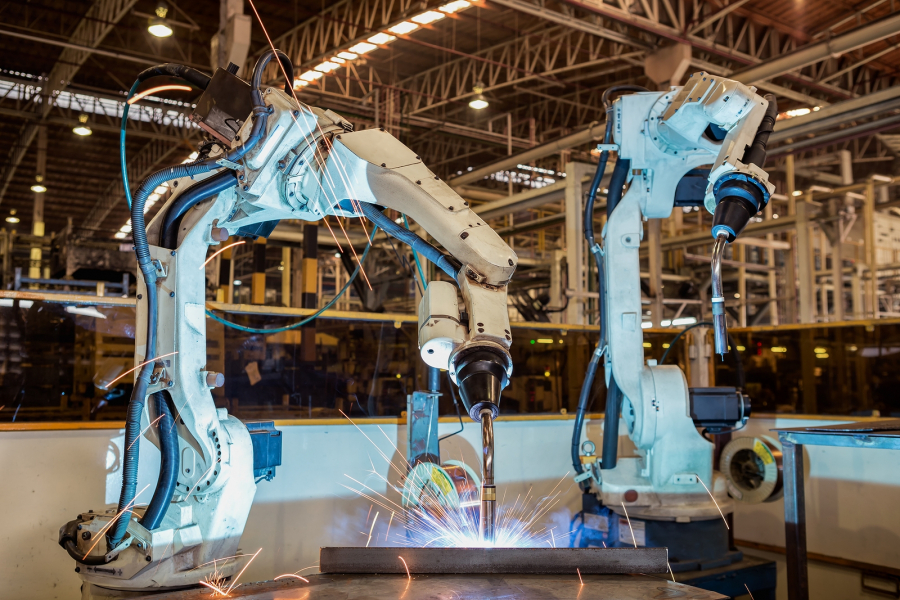Given the rise of technology, the average human's life has been made easier and longer. Nevertheless, there is a downside to the introduction of computers: a declining number of jobs. According to the management consulting firm McKinsey & Company, 30% of duties in 60% of jobs alone can be automated, or made automatic with the introduction of machinery and computers. In fact, out of jobs focused on goods and services, almost 75% of job losses have taken place in the services sector. In doing so, many will be at risk of potentially losing their jobs, forcing them to reconsider other options of employment.
As of recently, job losses have been reported to occur within the retail sector. According to the U.S Bureau of Labor Statistics alone, department store jobs are suffering the most within retail with a loss of approximately 26,800 workers within the first four months of 2017. The reason for the decrease in department stores may not come as a surprise to most, especially with the recent efforts by most stores to enhance their retail revenue by their online presence, such as Walmart's (NYSE: WMT) recent purchase of Jet.com.

The decline in department store jobs is directly related to the fact that most customers are beginning to purchase their goods from the internet, rather than visiting their local mall. While e-commerce has created about 355,000 jobs, the department store sector has lost 50,000. The effect of online retail can be seen on well known department store chains, with Macy's (NYSE: M) and JC Penney's (NYSE: JCP) losing about 100,000 towards the end of 2016. To make matters worse, Sears (NASDAQ: SHLD) has been dominating headlines with additional store closings every few months.
In addition to department store careers, jobs that are also at risk to automation are commonly because of their routine-like actions. Under that factor alone, telemarketers and tax preparers are declining the most in careers. Telemarketers, usually a direct method of marketing that is operated by a human, may very well be operated by computerized algorithms in the near future. According to the Oxford study The Future of Employment, there is a 99% chance of automation with telemarketers. In fact, more telemarketing tactics have been using robots more than people as of late.
Tax preparation, on the other hand are also declining because computers are able to complete taxes. For example, H&R Block (NYSE: HRB), the American tax preparation company has begun to use the cognitive computing system Watson. In doing so, the company is relying more on artificial intelligence to get taxes done, which can process tons of data more efficiently, without the use of humans.
Overall, it is low-paid occupations that require little to no education, and routine-driven jobs that are most at risk to being computerized. Careers such as postal service workers and cashiers, as well as credit analysts and insurance underwriters are easy to replace, given technology, and the declining demand for their services. In order to beat the jobs that are declining, founder of the consulting firm DDG Justin Tobin asserts that more people are realizing that employment is "putting all your money in one stock." Instead, people should begin to "diversify [their] portfolio", acquiring a number of skills rather than just a few.

